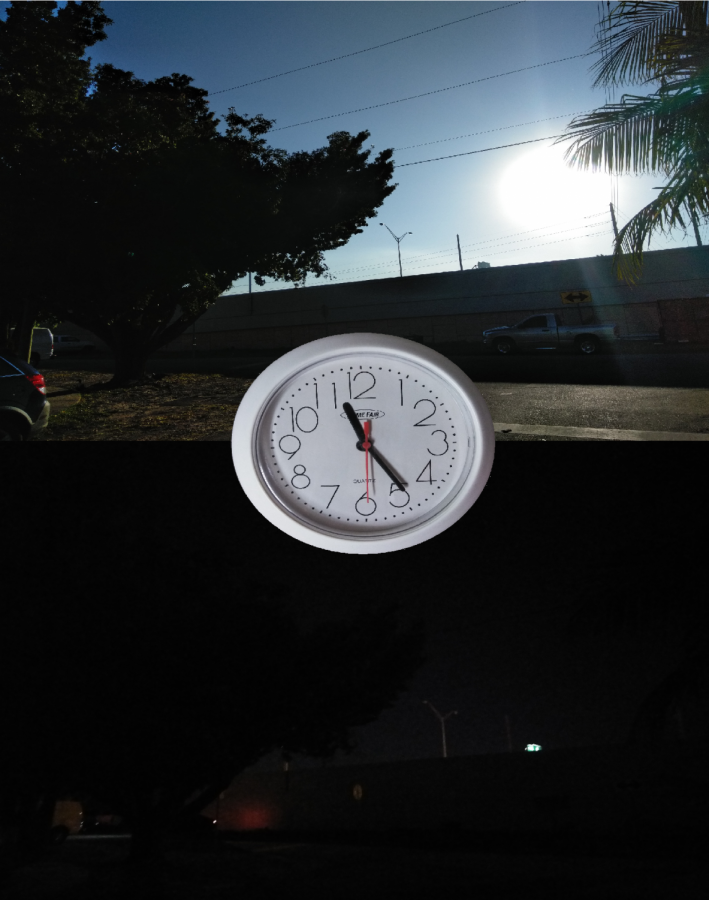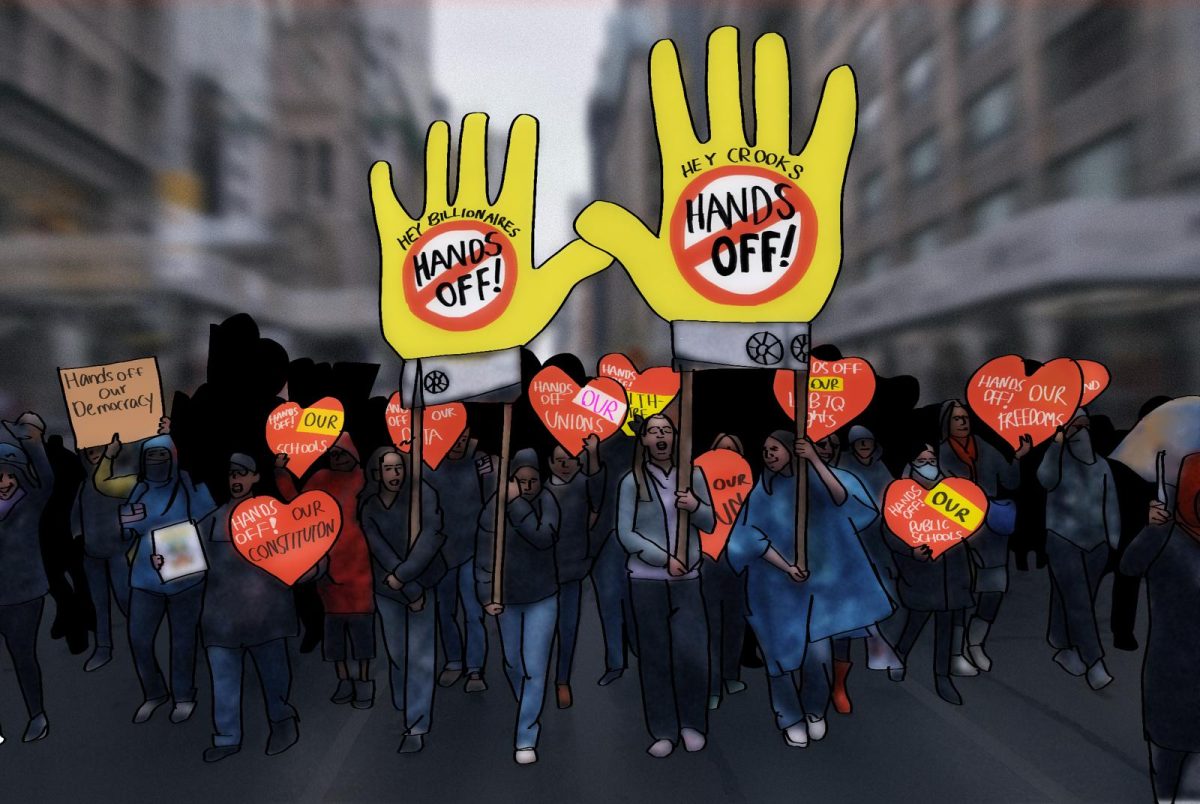Want More Sleep? Come to Florida
With the switch of hours, it might be difficult for students to accustom from the removed hour of sleep.
Mar 30, 2018
In November and March, everyone seems to hate the biannual act of changing the time by an hour; however, once the clock rewinds, the hour of sleep along with the shorter days seems to make up for it. Recently, Florida’s lawmakers passed the “Sunshine Protection Act,” which is meant to maintain the daylight saving time permanently. All year long, we would maintain those hours, which “would approve Florida’s will and, if made nationally, would also ensure Florida is not out of sync with the rest of the nation,” according to Marco Rubio. Though controversially defying the federal government, the bill includes many benefits that cannot be ignored.
Although it might sound impractical, daylight saving time would actually help us save money. Setting an hour forwards means that people would experience more sunlight hours in the evenings, and the early mornings would be darker. With daylight saving, students will no longer need to have the light on while doing their homework in the evenings, thus, allowing individuals to save money when paying the electrical bill. Despite this advantage, there are some that argue that nightly usage of energy might increase. Nonetheless, the same already happens with the hour setback in the winter, when there are decreasing amounts of daylight in the cloudy evenings. In other words, making this current hour permanent would save us the hassle of moving our clocks and would save us a substantial amount of money in the long run.
“I like the daylight savings time because the days are longer since there are more hours of sunlight and the sun sets around 8:00 pm instead of around 5:00 pm. I personally think that the only issue with daylight savings time is that the sun rises at a later time, around 7:30 am instead of 6:00 am. As of now, Arizona, Hawaii and all the U.S. territories are thriving without daylight savings time, so I think that it would be a good advantage for Floridians to have that extra daylight,” freshman Vanessa Grau said.
Keeping a sleeping schedule takes time and effort, especially for students with unbearable amounts of homework, exhausting family lives and tedious jobs. It is already difficult to transition from a dormant state to being awake, especially for the heavy sleeper that clings to their snooze button for those extra few minutes of sleep. Now imagine changing that limited time we get to sleep for an hour back and forth. If daylight savings is perpetual, it would relieve the heavy burden of altering schedules every five to seven months, getting accustomed to it and then changing it back. Overall, the concept of having to morph sleeping habits just for the change in lighting is a tad tyrannical, and removing it would allow the everyday student to better concentrate on their school-work, instead of trying to keep a head up in class every morning.
For a state that is strongly dependent on tourism, daylight saving time during the Spring and Fall seasons with high rates of tourism will allow the state to bring in more revenue from tourism. It would technically expand the ‘usable time’ in our state–‘usable time‘ being the evening hours when the scorching sun will not sunburn you to death, or when it is not too dark to blindly roam in apparent nothingness. Those daylight hours are essential to tourists since they would be the ones walking and exploring and going to distinct attractions found across the state. Temperatures also drop as the day progresses, so the humidity of the state will not be as noticeable to people, including its residents.
One of the main claims is the sunrise would be really late in the winter and would upset our internal clocks. Better said, it would be depreciative of the short days in the winter–our bodies may not be comfortable with sunsets–and in general, it would put off people during the winter. However, this could not be further from the truth. As humans with relatively adaptable systems, the idea of the sun gradually setting earlier as the year progressed would not be off-putting. It would, in fact, be more natural. The most concerning topic for parents and children, nonetheless, are students going to school or waiting for a bus stop in the dark. Be that as it may, there are much fewer cars circulating the streets during the dark (though accidents in the night are more likely to be fatal), and students would be waiting at a bus stop, not running laps across the streets.
Though it has been passed with a vote of 33 to 2 in the Senate and 103 to 11 in the House, that does not mean the bill will get anywhere with the United States Federal Government. Other states like Maine, Massachusetts, New Hampshire and Rhode Island have proposed similar bills, but none of them actually went into effect. However, that does not mean it is impossible. Let’s not just set our time forward with the rest of eastern America, but let’s also set a foot forth to a more prosperous economy along with better scheduling and possibility in the future.












